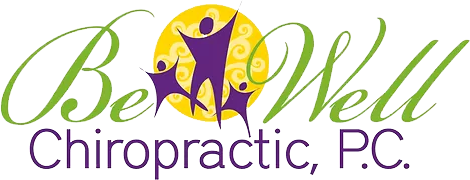 Vitamin A (retinol, retinoic acid) is a fat soluble vitamin with many potential anti-oxidant characteristics. Cellular respiration and energy production causes oxygen molecules (O2) to lose an electron (O-) and become what is commonly referred to as a free radical. Circulating free radicals can cause damage to cell membranes and lead to diminished cell function in a process that known as “oxidative stress.” Too much oxidate stress has been correlated with many chronic disease processes.
Vitamin A (retinol, retinoic acid) is a fat soluble vitamin with many potential anti-oxidant characteristics. Cellular respiration and energy production causes oxygen molecules (O2) to lose an electron (O-) and become what is commonly referred to as a free radical. Circulating free radicals can cause damage to cell membranes and lead to diminished cell function in a process that known as “oxidative stress.” Too much oxidate stress has been correlated with many chronic disease processes.
In order to combat this process, many people turn to antioxidant supplementation as a means to ward off chronic oxidative stress. (In next week’s article, we will explore potential causes of oxidative stress throughout the body).
One antioxidant that has been historically popular to consume in large quantities is Vitamin A. However, we recommend avoiding Vitamin A supplementation.
Yes, Vitamin A is an antioxidant, however overconsumption of Vitamin A to the point of excess can cause damage to the liver, skin, mucous membranes, and bones (potentially leading to osteoporosis and hip fractures).
As an interesting anecdote, when Dr. Matt went to survival school in the Air Force, they learned about a stranded explorer who managed to hunt a polar bear. After butchering and cooking the polar bear, the ill fated explorer consumed the bear’s entire liver by himself and succumbed to vitamin A poisoning.
As usual, we recommend getting vitamin A from whole food sources rather than supplements. We always believe that supplements should fill in the gaps left behind from an incomplete diet. Fix your diet first and then supplement anything you may be deficient in. Foods that are rich in Vitamin A are green leafy vegetables like spinach, chard, kale, fruits such as cantaloupe, tubers like sweet potato, and of course, liver (but not too much liver).

